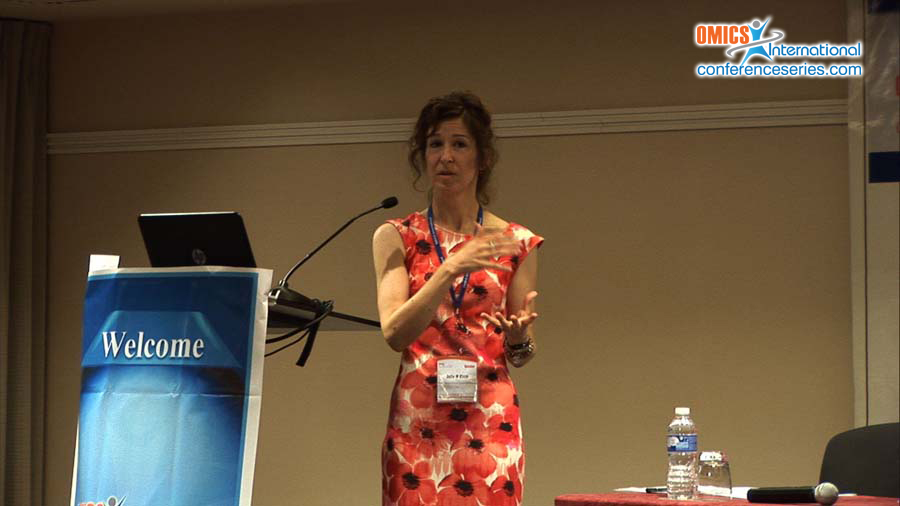
Julie M. Kapp
University of Missouri School of Medicine
USA
Title: A Hierarchical Framework for Population Health Surveillance: A Dashboard Approach
Biography
Biography: Julie M. Kapp
Abstract
The Institute of Medicine (IOM) recently recommended a set of core metrics in an effort to improve data harmonization for the U.S. population health system and lay the foundation to measure performance improvement. Even with a set of common metrics, it is challenging to evaluate the effectiveness of population health initiatives dues to the many community-based organizations, and their complex interactions. The term ‘complex adaptive systems’ (CAS) acknowledges that health programs and activities are part of larger networks of stakeholders with histories and evolving dynamics. Systems engineering considers how components within the larger CAS structure operate and interact over the life cycle of the system; and how to optimize the design, implementation, and evaluation of that system. We propose a hierarchical systems framework, using a dashboard approach, in order to monitor U.S. population health progress with five system components: context, components, connections, infrastructure, and scale (Eoyang and Berkas, 1998). The framework aligns and integrates metrics across local (organization, hospital, city), regional, state, and national levels for data visualization and decision-making. Each metric may be computed in various ways to allow for noise, depending on the available data, and its result propagated and integrated at the higher level. Our pilot uses an obesity example. We compute obesity levels from various data sources at the local, regional (Boone County), and state levels in Missouri, USA. After data harmonization, metrics dynamics measures (decrease, rate of decrease, etc.) can be used to evaluate the impact of health programs implemented in Boone County.



